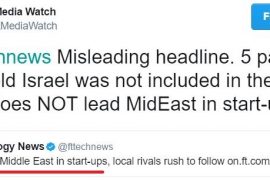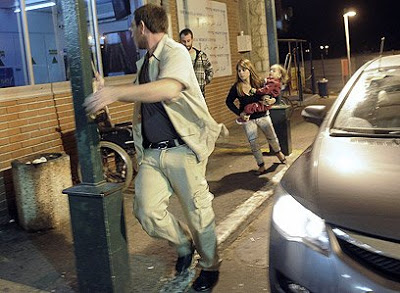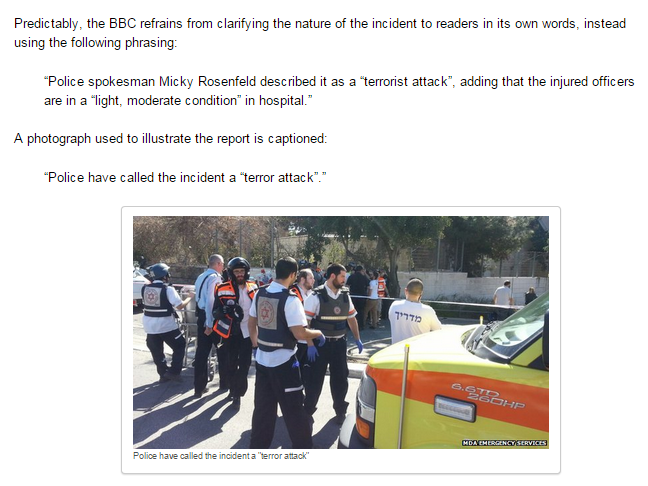1) Jonathan Spyer looks at “The Fall of the Caliphate”.
“Even as the global media watch the last stand of the diehards at Baghouz, ISIS has already shifted its own focus. The intention is to build an infrastructure that will then, at the opportune moment, strike again in the cities of Iraq, and Syria, too.
The reason this, or a rival Sunni Islamist project, is likely to once again emerge to prominence is that the final twilight of the caliphate at Baghouz will not settle any of the issues that led to its emergence, and of which it was a symptom.
The main butcher of civilians over the last decade in the area in question has been the Assad regime.”
2) The ITIC documents “Reactions to Britain’s decision to ban Hezbollah”.
“Hezbollah responded formally to the decision on March 1, 2019, after the British Parliament approved it. Hezbollah vehemently rejected the accusations of terrorism “which the British government had fabricated” and stressed that the organization was a “resistance movement” against the Israeli occupation. The announcement attacks Britain, perceiving it as a “proxy in the ranks of the American patron.” The announcement stresses that Hezbollah would continue to “defend Lebanon, its liberty and its independence.””
3) At the INSS, Pnina Sharvit Baruch analyses “The Violent Events along the Gaza-Israel Border: The Report of the Commission of Inquiry of the Human Rights Council”.
“The report claims that the demonstrations were civilian in nature, had clearly stated political aims, and despite some acts of significant violence, did not constitute combat or a military campaign. Israel, however, contends that one cannot view the events as peaceful demonstrations within a state, since these were violent riots taking place along the border between two entities engaged in an armed conflict, organized and led by one of those parties, i.e., Hamas. The huge gap between the positions of Israel and the COI stems mainly from the fact that the report adopts entirely the viewpoint of the Palestinian victims, with no regard to the complex reality of the situation and to the ramifications of the armed conflict between Israel and Hamas.”
4) At the Tablet, Israel’s former state archivist Yaacov Lozowick writes about a topic the BBC has covered in the past in an article titled “The Myth of the Kidnapped Yemenite Children, and the Sin It Conceals”.
“In May 2016 we told the cabinet that we would gladly unseal the files, if they gave a green light. The cabinet appointed Minister Tzachi Hanegbi to oversee our efforts; Minister of Justice Ayelet Shaked sent a top official to assist in redefining the rules of privacy in as liberal a manner as the lawyers could dare, in order to enable our efforts.
We scanned hundreds of thousands of pages in a few days, recruited dozens of students to speed the process and implemented an advanced knowledge management system. Thousands of files were closely examined, and mostly opened. The full archives went online at the end of December 2016. […]
There are no documents that tell or even hint at a governmental policy of kidnapping children for adoption. Not one.”




